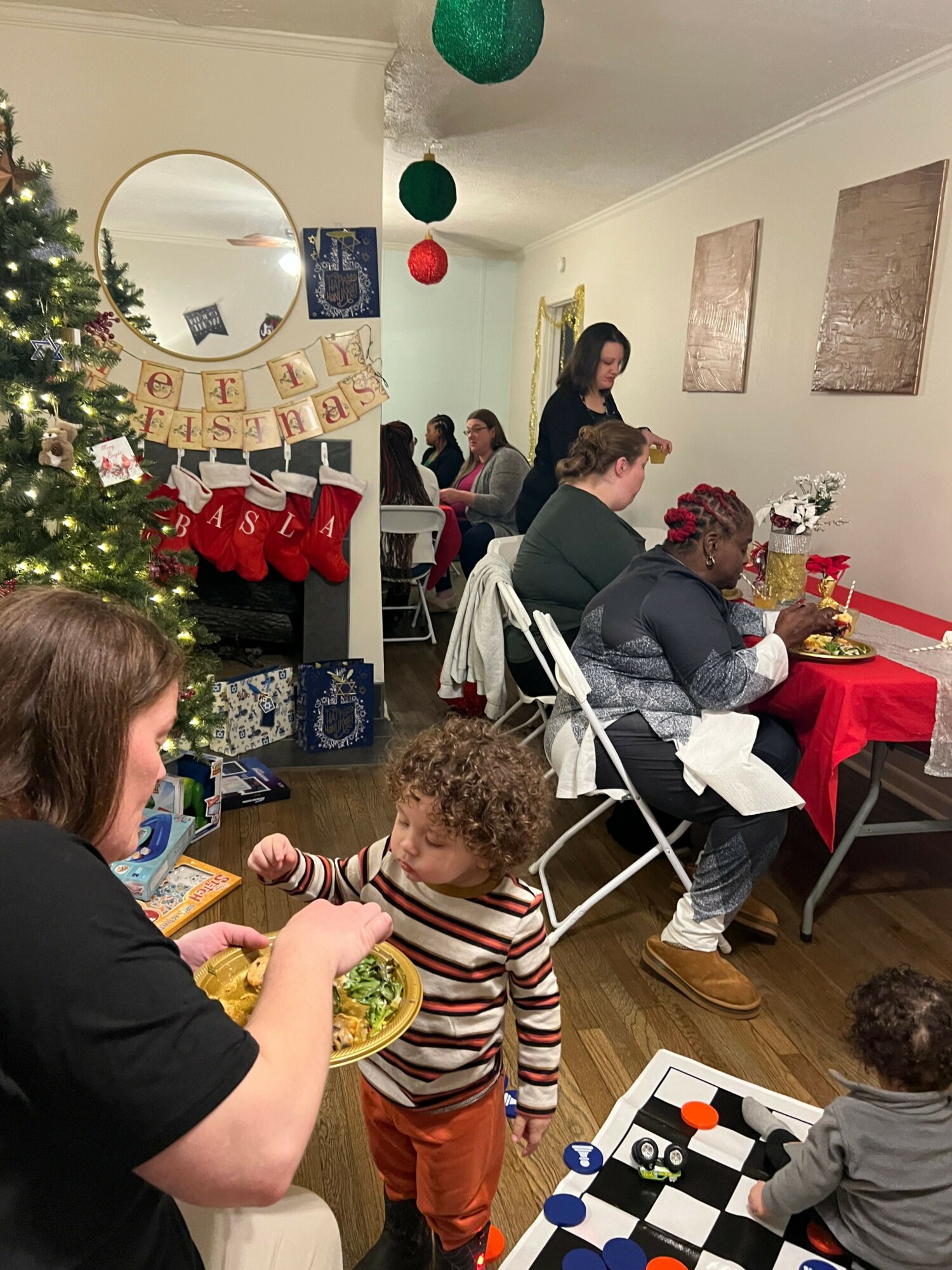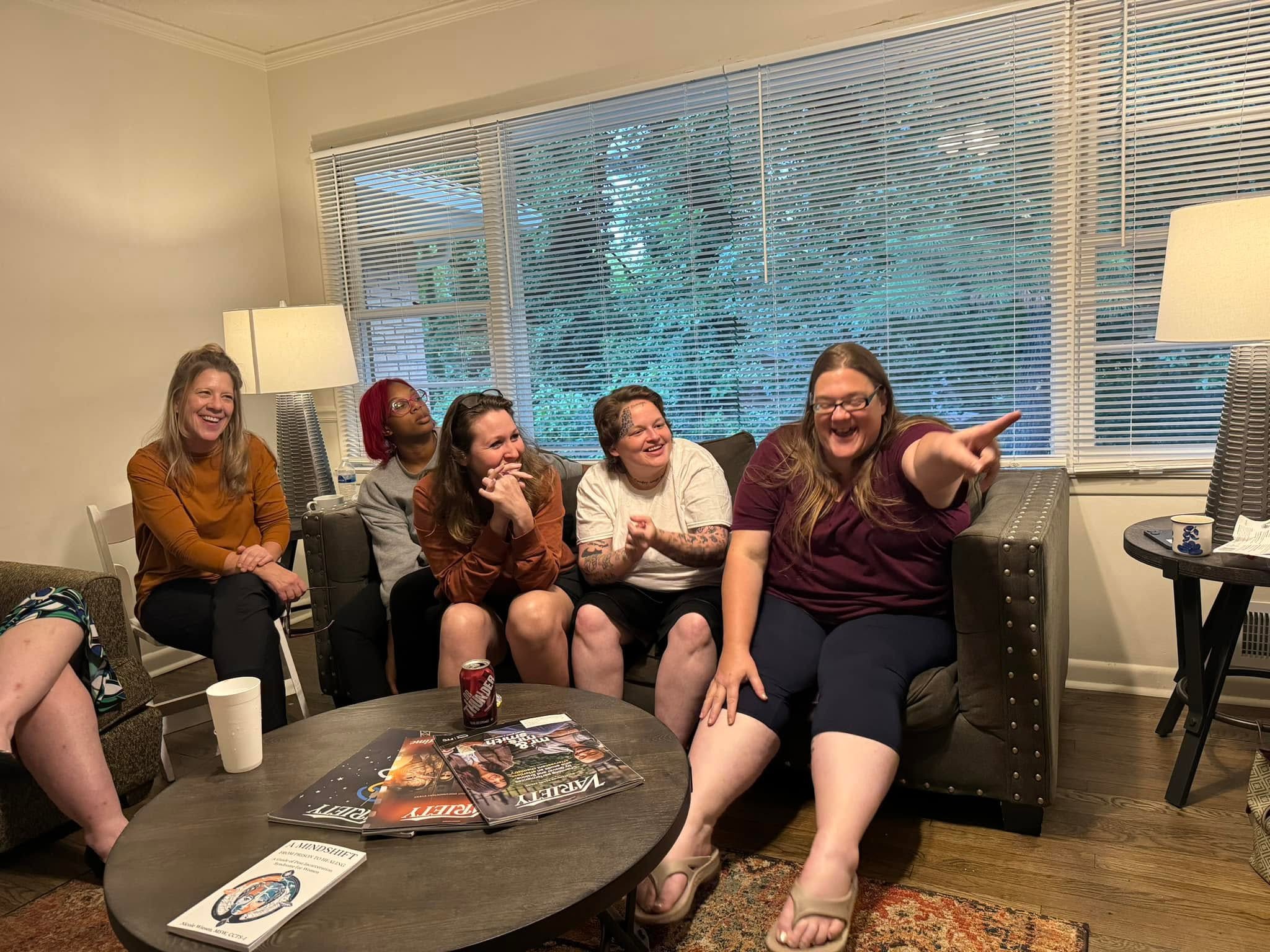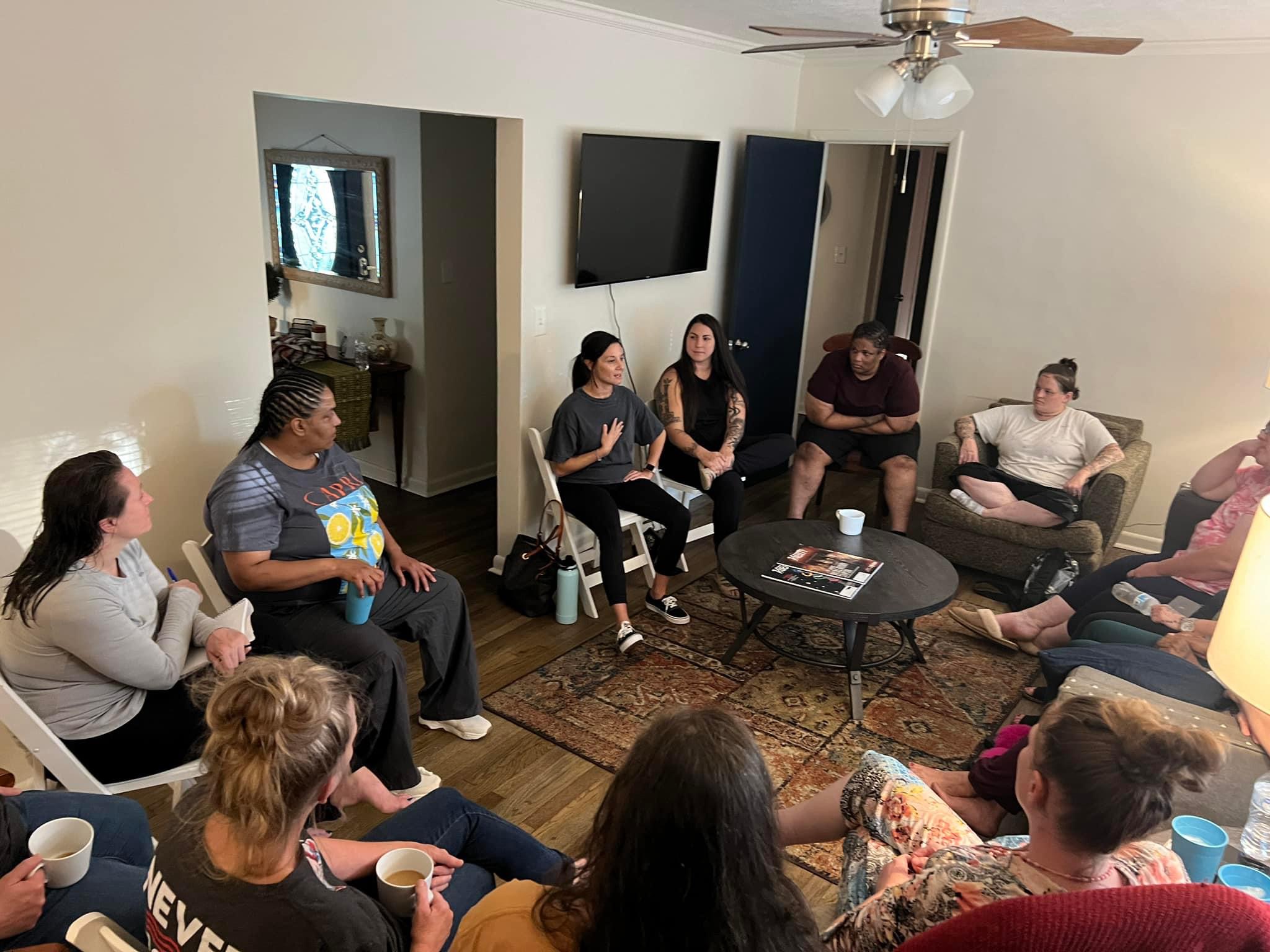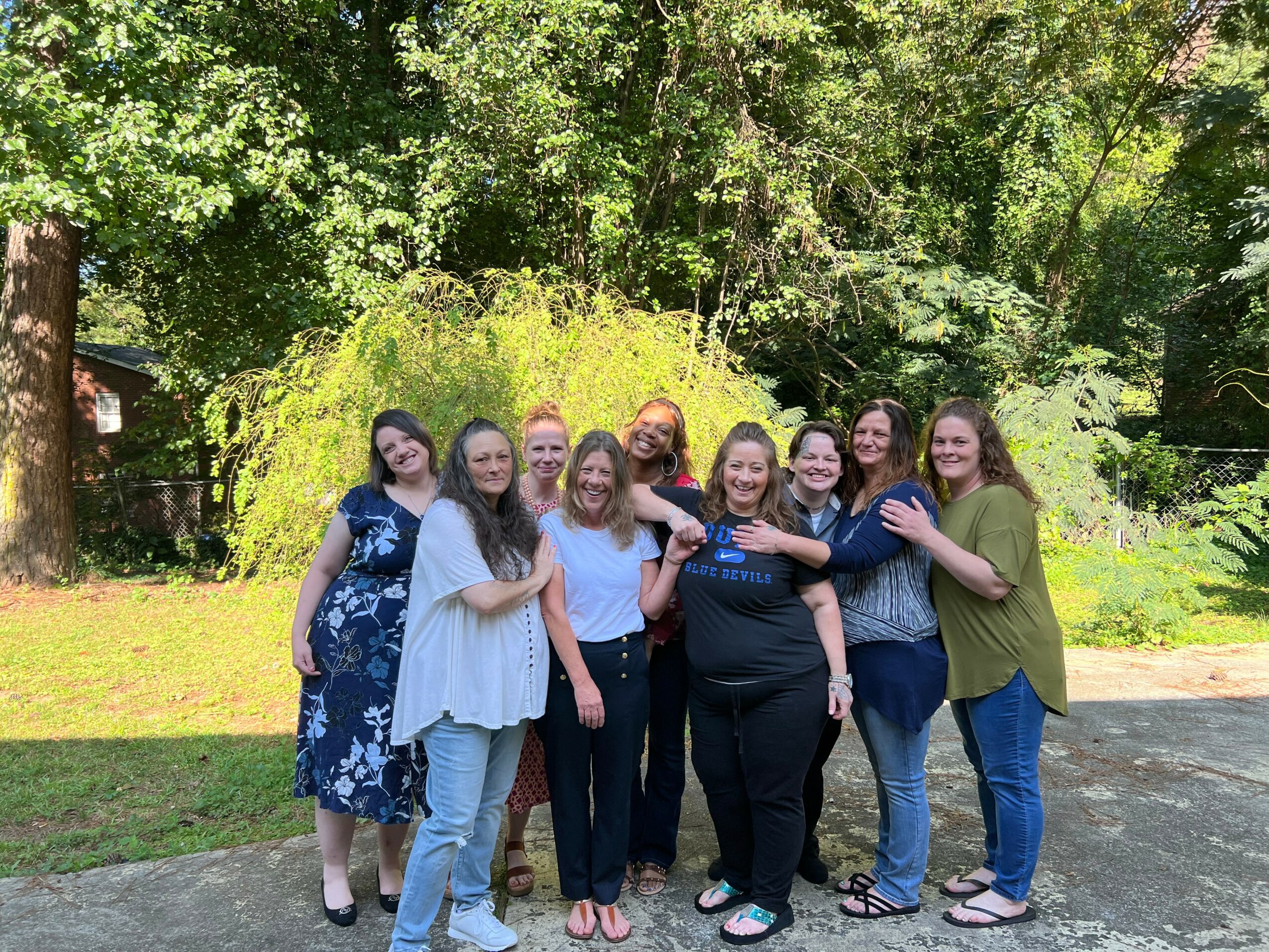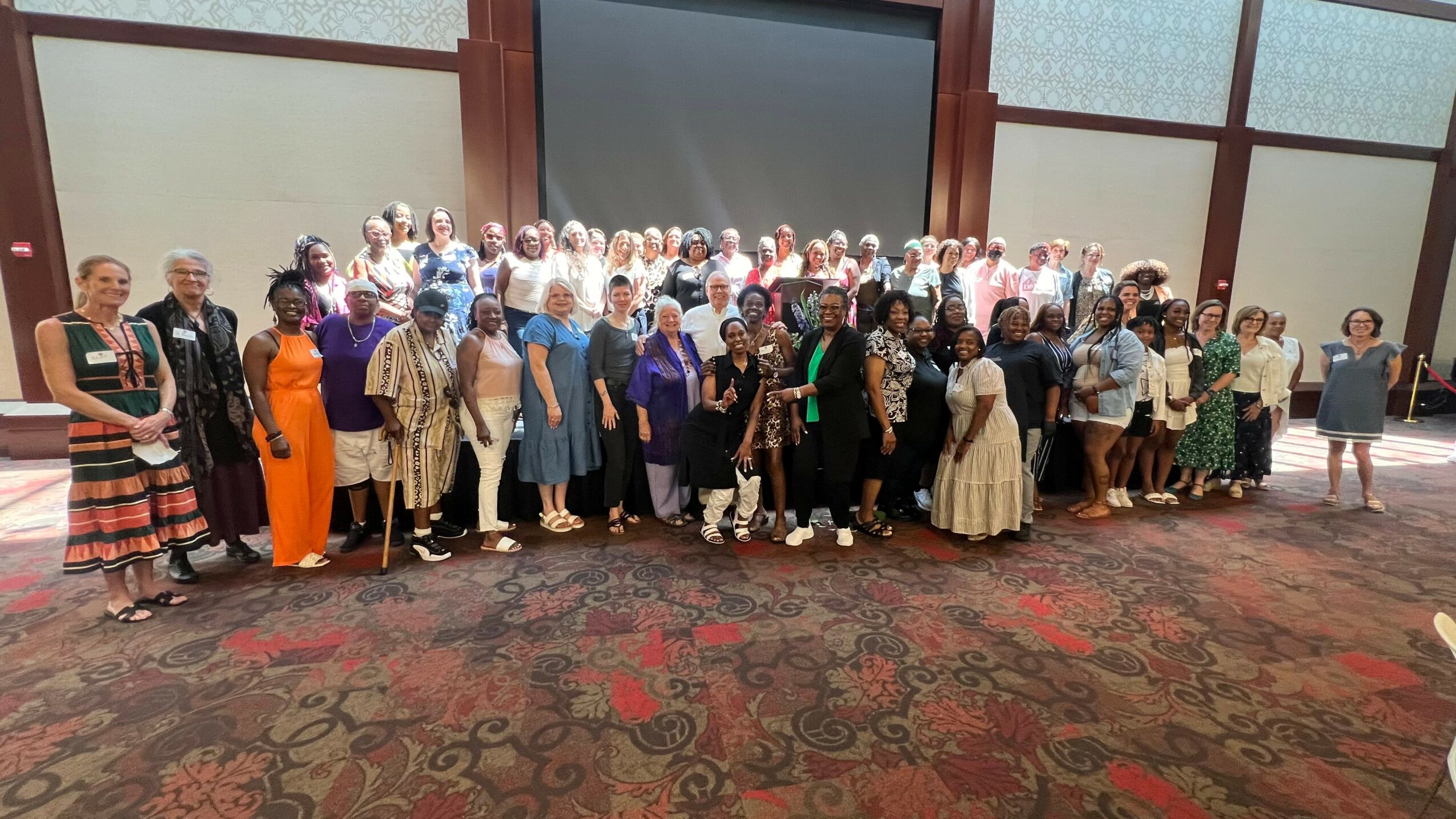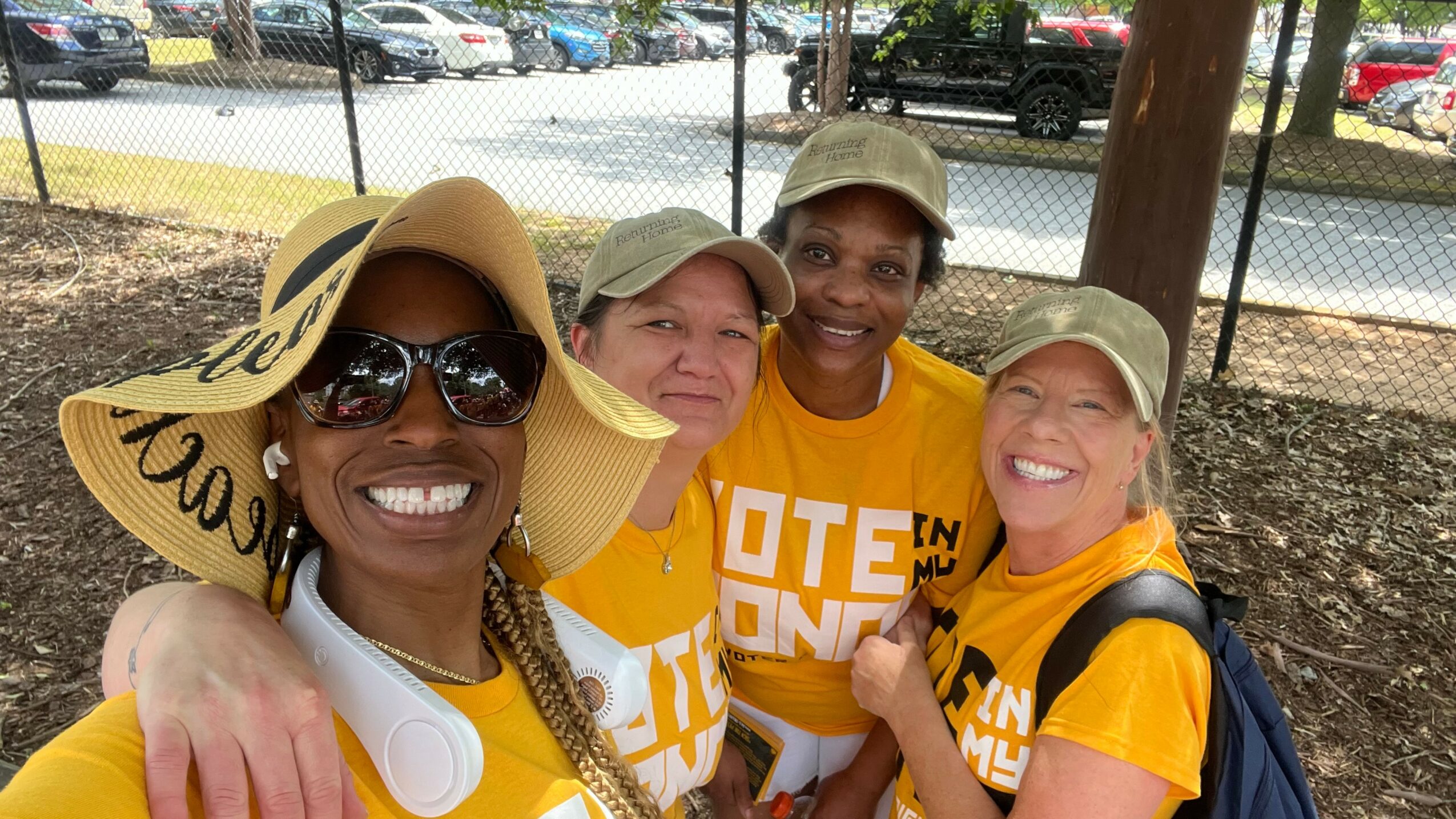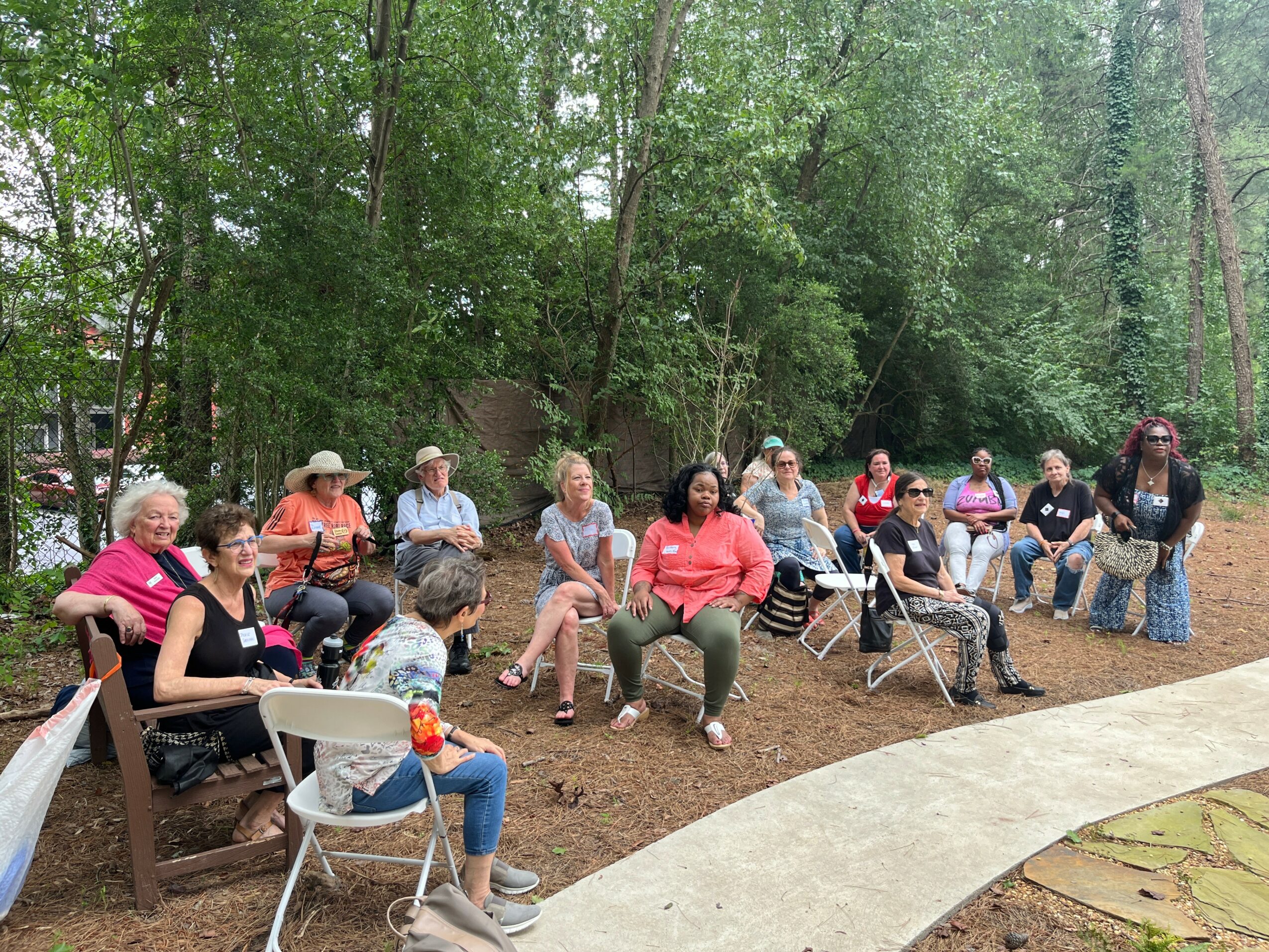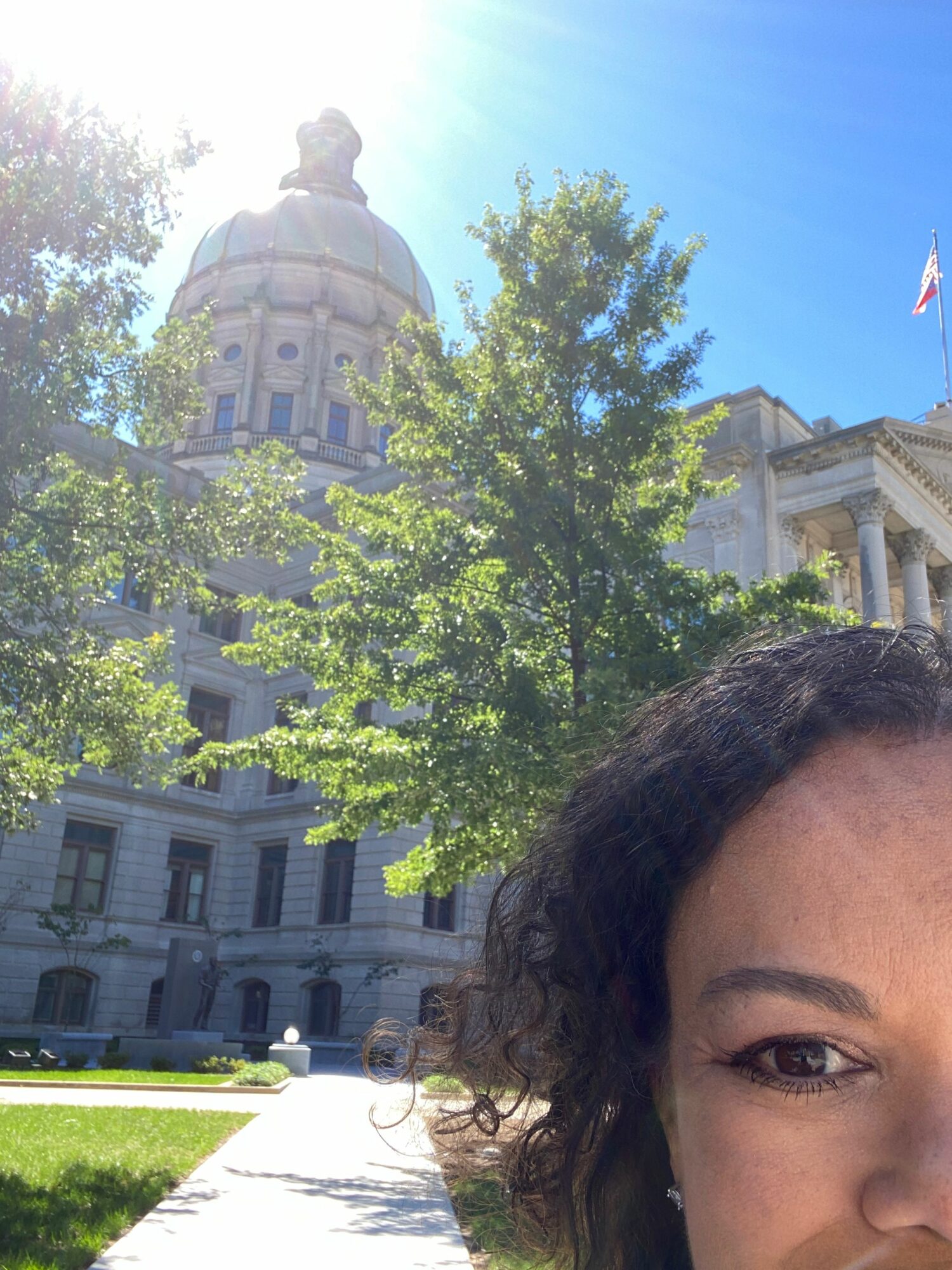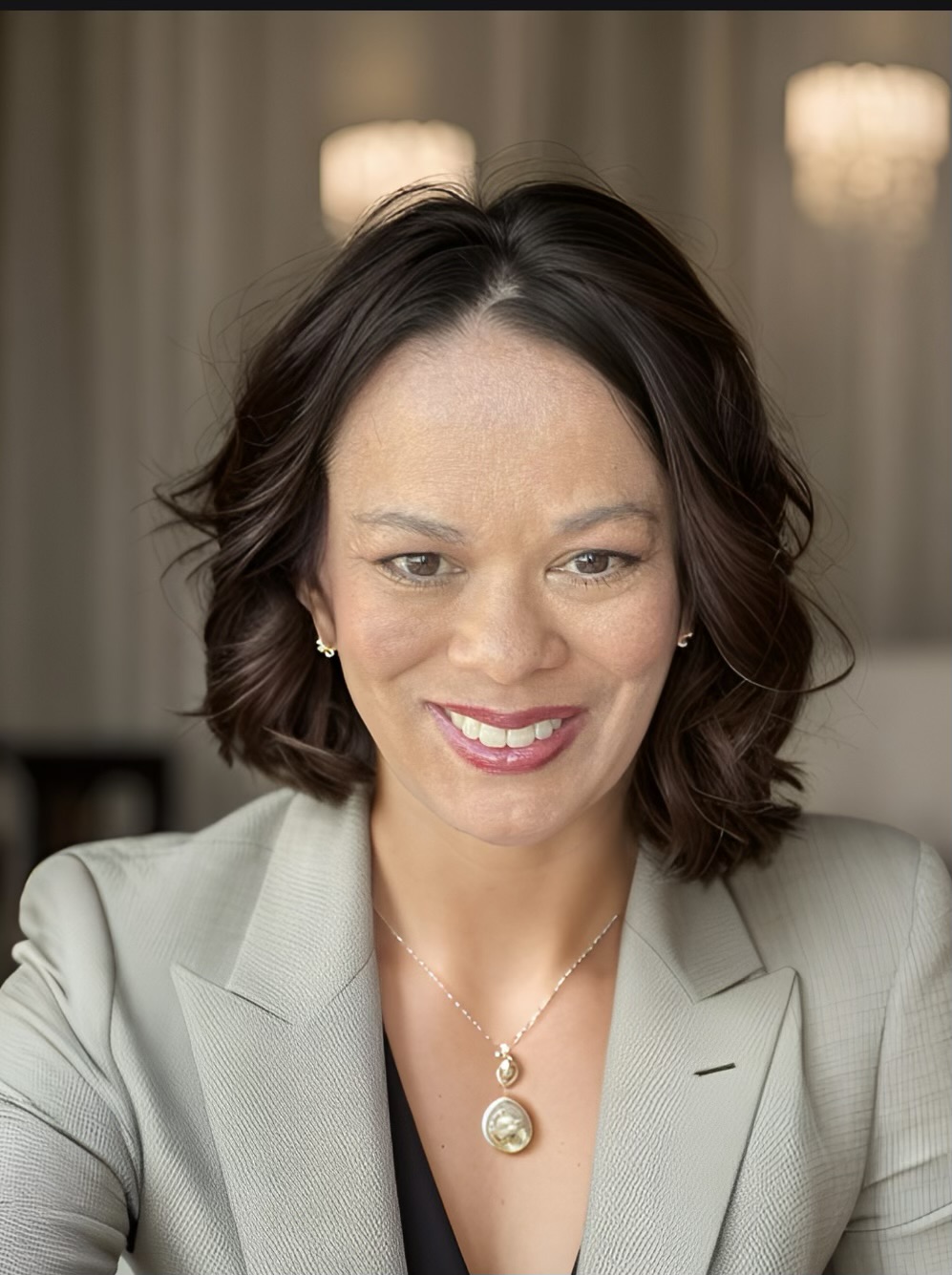

Today we’d like to introduce you to Nicole Wiesen.
Alright, so thank you so much for sharing your story and insight with our readers. To kick things off, can you tell us a bit about how you got started?
I started my journey after witnessing the deep gaps in reentry support for women leaving incarceration. What began as advocacy soon evolved into action when I founded Returning Her Home, a transitional housing and reentry initiative in Atlanta focused on trauma-informed healing and public health approaches to recidivism.
Over the years, I’ve combined my background in social work, community development, and trauma studies with lived and professional experience in the carceral system to build programs that restore dignity, stability, and opportunity for women returning to society.
Today, my work spans multiple fronts from leading housing and workforce development initiatives to conducting research on Post-Incarceration Syndrome (PICS), a termed coined by Terence Gorski, and training practitioners nationwide on trauma-informed reentry. What began as a local response to a crisis has grown into a statewide and national movement to treat reentry not as punishment, but as a public health and human rights issue.
I’m sure it wasn’t obstacle-free, but would you say the journey has been fairly smooth so far?
It definitely hasn’t been a smooth road. Reentry work, especially for women, exists at the intersection of stigma, policy gaps, and limited funding. There were times when I was building programs while navigating my own challenges of housing insecurity, professional setbacks, and the emotional weight of watching women return to environments that re-traumatized them.
One of the hardest parts has been pushing against systems that were never designed for healing convincing institutions to see reentry as a public health issue, not just a criminal justice one. There were moments when funding fell through, partnerships dissolved, or I was told “no” more times than I can count.
But each obstacle forced innovation. Those struggles gave shape to Returning Her Home, the Post-Incarceration Syndrome framework, and my belief that transformation doesn’t come from perfection; it comes from persistence, purpose, and community.
Appreciate you sharing that. What else should we know about what you do?
My work sits at the intersection of public health, social work, and reentry justice. I’m the founder of Returning Her Home, a transitional housing and trauma-informed reentry initiative for women exiting the carceral system. I also lead national training and research efforts around Post-Incarceration Syndrome (PICS) a trauma-related condition that impacts behavior, health, and reintegration outcomes after incarceration.
I specialize in building evidence-informed reentry models that center healing, housing, and human dignity. My approach blends academic research with real-world implementation, pairing mixed-methods public health studies with direct service, workforce development, and policy advocacy.
I’m most proud of the women whose lives have transformed through our program. Many have gone from incarceration to independence, employment, and education and our recidivism rate remains under 10%, far below the national average.
What sets me apart is that my work bridges systems that rarely talk to each other, public health, social work, criminal justice, and community development. I don’t just build programs; I design ecosystems of care that challenge how we define “rehabilitation.” I’m known for turning lived experience, professional expertise, and trauma science into frameworks that change lives and influence policy.
So maybe we end on discussing what matters most to you and why?
What matters most to me is restoration not just of people, but of purpose, dignity, and hope. Every woman who walks out of a prison gate deserves more than a second chance; she deserves a real pathway home. I believe healing and accountability can coexist, and that systems should be built to restore rather than punish.
This work matters to me because I’ve lived parts of it myself. My own journey shaped by lived experience within and around the carceral system taught me that transformation is not theoretical; it’s deeply human. I know what it feels like to rebuild from the ground up, to navigate stigma, and to find purpose through pain. That lived experience drives every decision I make, every policy I challenge, and every woman I advocate for.
Watching women rebuild their lives, reunite with their families, and rediscover their worth is what keeps me going. At the core, I’m driven by the belief that justice is not achieved through incarceration; it’s achieved through healing. Everything I do, from research to program design to advocacy, is about creating the conditions for that healing to happen.
Contact Info:
- Website: www.nicolelwiesen.com and www.returningherhome.org
- Instagram: https://www.instagram.com/returningher_home/
- LinkedIn: https://www.linkedin.com/in/nicole-wiesen-ph-d-msw-ccts-i-b12672169/
